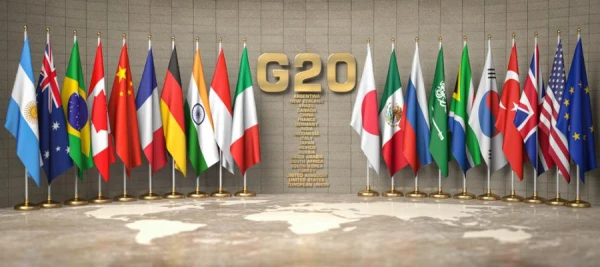
German Chancellor Merz is heading to the G20 summit in South Africa, where he intends to support the principle of multilateral cooperation in global politics. The USA, China, and Russia have an opposing stance. Their leaders will not attend. What outcomes to expect?
The G20 summit will take place in Johannesburg on November 21-22, bringing together both leading industrialized nations and developing countries, as well as two regional organizations - the EU and the African Union. Analysts point out that this combination of countries at different levels of development and political systems makes the G20 so valuable in the eyes of its members, who account for over 80% of the world's GDP. However, this time, the leaders of three major countries - the USA, Russia, and China - will be absent from the summit in South Africa, marking the first time in G20 history.
For Trump, Xi, and Putin, the G20 is No Longer Important
Chinese President Xi Jinping did not explain the reason for his absence. Russian President Vladimir Putin will also not be in Johannesburg - since the International Criminal Court (ICC) issued an arrest warrant for him, Putin has to constantly consider the possibility of arrest abroad in countries that have ratified the Rome Statute, the treaty that established the ICC.
In contrast, American President Donald Trump, under whose administration relations between the USA and South Africa have noticeably deteriorated, is not even sending a delegation to the summit in South Africa, unlike Moscow and Beijing. Trump explained his decision by stating that white farmers in South Africa are allegedly being persecuted, while the country's authorities are not taking any measures against this. During negotiations at the White House with South African President Cyril Ramaphosa, Trump even spoke of a "genocide" against the white population of South Africa, which the country's government categorically denies. German authorities also see no evidence to support this claim.
What does the absence of the leaders of the USA, China, and Russia mean for the G20 summit? "It shows that they obviously no longer attach particular importance to this event for completely different reasons," Johannes Varwick, a professor of international relations at the University of Halle, said in a written interview with DW. "This is a bad sign for the principle of multilateralism that has long been upheld in the G20.
Geopolitical Changes and a New World Order
However, for German Chancellor Friedrich Merz, this is not a reason to stay home; quite the opposite. "He considers multilateral cooperation important and is betting on it. And I would recommend not always focusing on those who are absent, but rather looking at those who are present. The G20 has been and remains an important format for the German government," his official representative Sebastian Hille assured.
German authorities speak of a challenging international situation for the G20, noting that the current world order, which Berlin advocates, is now being called into question. This world order has faced particularly serious challenges due to Russia's invasion of Ukraine. Even within the G20 itself, there are countries that not only did not condemn the invasion and refuse to participate in sanctions against Moscow, but, like India, even benefit from it by acting as intermediaries in the supply of Russian oil to the global market.
The geopolitical changes in the world since the founding of the G20 also include the colossal growth of China's economic and military potential. China is extremely consistent in using its increased influence, whether it is supporting Russia in the war with Ukraine or imposing restrictions on the export of rare earth metals.
"We are currently experiencing a rapid redistribution of political weight and power relations in the world," explains Professor Johannes Varwick. "The internally divided political West is no longer a dominant force on many issues, while countries of the Global South are gaining newfound confidence. Despite these structural shifts, the G20 has become a vivid testament to how both sides are interested in dialogue and would like to see if they can achieve something through joint efforts, and if so, what exactly." Essentially, this is where it all ends, Varwick clarified.
Trump Dislikes the G20 Agenda Focused on Africa
The upcoming summit will be the first in G20 history to take place in Africa, and the hosts clearly intend to benefit from this. "We will put the development of Africa at the forefront of our agenda when we chair the G20 in 2025," South African President Ramaphosa previously stated.
Among other things, South Africa aims to facilitate the transition of developing countries to "green energy" and alleviate the debt burden of poor states. But it is precisely this agenda - along with the alleged persecution of white South Africans - that has been cited as reasons for Donald Trump's absence from Johannesburg, experts note.
German authorities hold a completely different view. "I will take this opportunity for deeper dialogue, especially with African states," Chancellor Merz promised before departing for South Africa, regardless of the number of those who will miss the summit. After its conclusion, Merz will head to Angola for the EU - African Union summit. The German government emphasized that the meeting will be an important testament to cooperation between the two continents.
Hopes for Germany's Support in the Fight Against Inequality
Among the priorities of South Africa's G20 presidency is the reduction of global inequality. The host country believes that the sustainable development goals approved by the UN General Assembly in 2015 are receiving insufficient attention.
Shortly before the summit, over 500 economists and experts called for the establishment of a commission to combat the uneven distribution of wealth in the world. In an open letter to the leaders of the G20 countries, the authors expressed concern that "the excessive concentration of material wealth is transforming into an undemocratic concentration of power, undermining trust in our society and polarizing our politics."
A group of experts led by Nobel laureate in economics Joseph Stiglitz currently cannot count on support from the USA but hopes for the assistance of Chancellor Merz of Germany. After all, in June, Berlin co-founded the "Global Alliance Against Inequality," which aims to eradicate hunger on the planet by 2030, as well as reduce inequality and strengthen partnerships for sustainable development.
A Return to the "Law of the Jungle" in World Politics?
Due to deep divisions among G20 member states, it is already clear that no joint document will be signed at the end of the summit in Johannesburg, and only a declaration on behalf of South Africa - the host country - will emerge.
What does the future of the G20 look like under these circumstances? "Presumably, formats like BRICS+ will play a more important role. There, China and Russia will not have to listen to Western moralizing sermons. There will also be even more, than there already are, changing so-called 'coalitions of the willing,'" predicts Professor Varwick.
According to him, instead of multilateralism and a rules-based order, which Germany advocates, there is an increasing manifestation of "purely pragmatic and fluid minilateralism" (a form of cooperation among a small number of countries that does not require permanent institutions). "This is the current trend: we are witnessing a return to the 'law of the jungle,'" Varwick states.
Despite this trend, which contradicts the approaches of the German government, Professor Varwick concludes: "For countries like Germany, there is no good alternative but to continue relying on multilateral formats of cooperation."

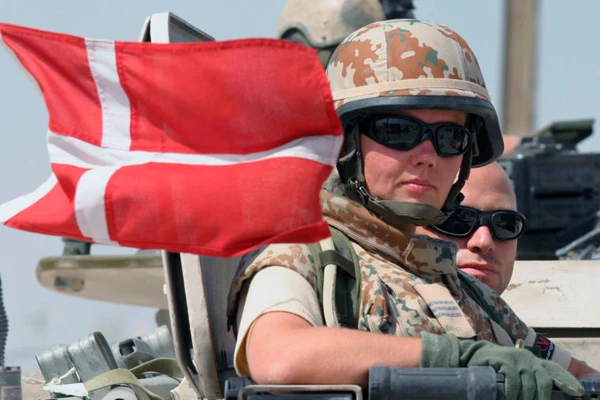
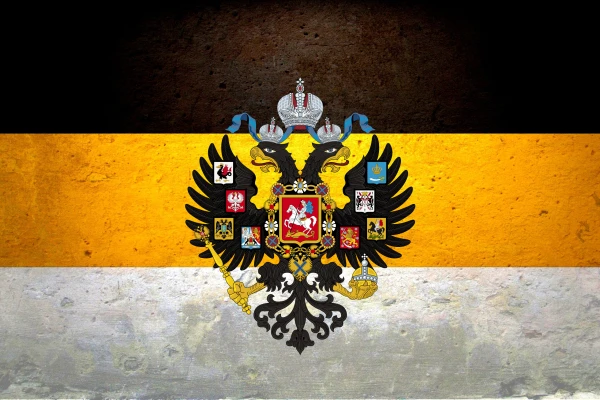
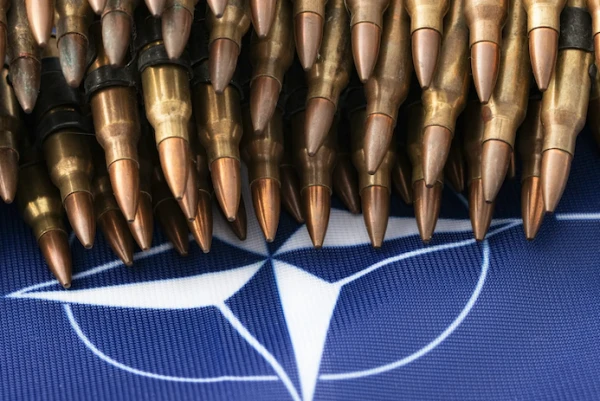
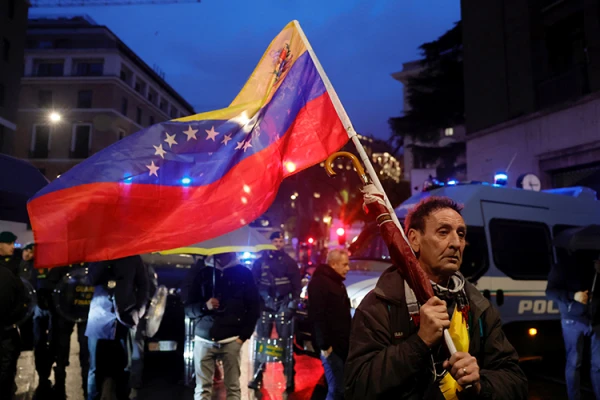
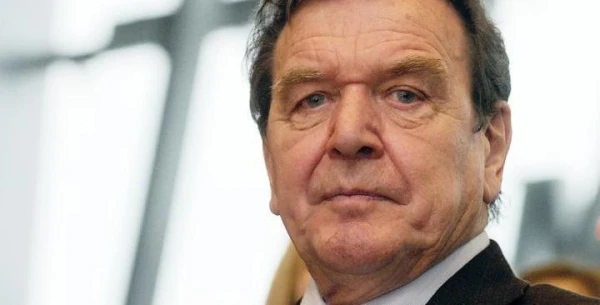
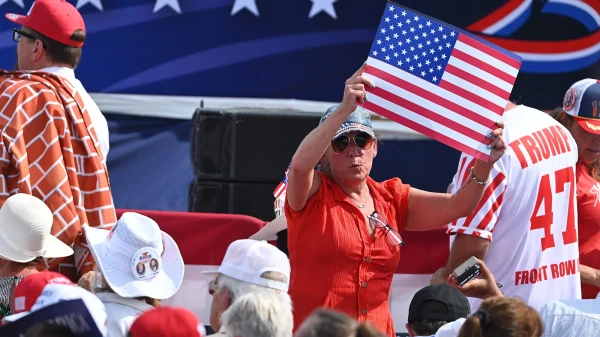
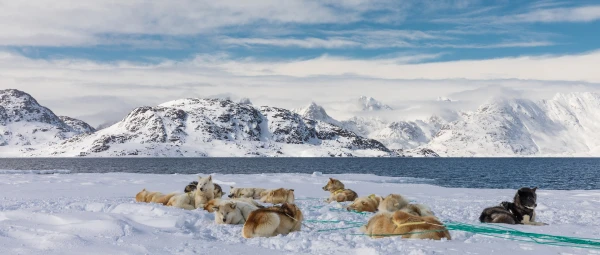
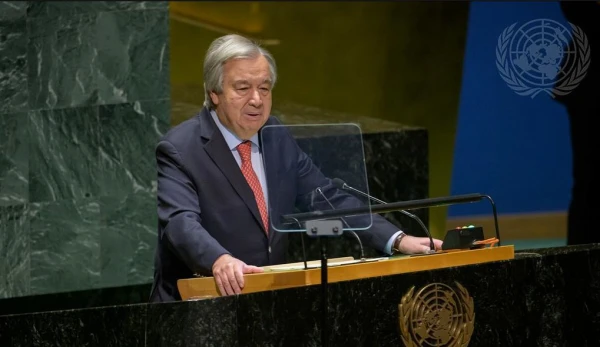





Leave a comment